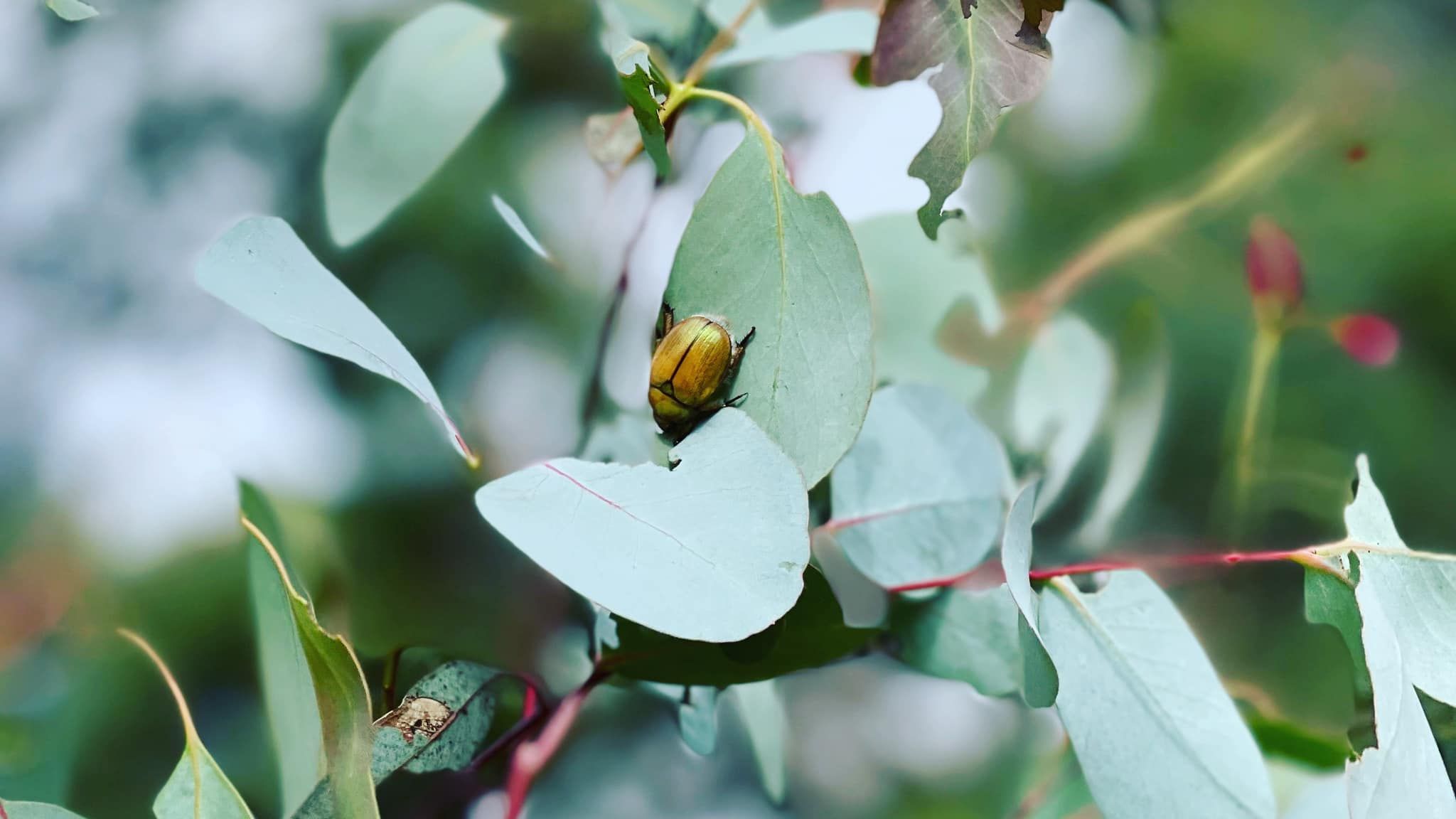Preferred VS Non Preferred tasks

The terms "preferred and non preferred" would do well to be set aside when it comes to our children.
These terms are used in conjunction with autistic children often in therapeutic settings in particular, and are related to not completing specific tasks, which can range from not eating particular foods to not doing homework, to not pointing to their nose.
'Non preferred' and 'preferred' insinuate conscious choice, ability and are rooted in behaviourism. They completely overlook disability, capacity, sensory processing differences, among other very real challenges.
But not only that..
There has always been a running theme of autistic children just not being allowed to say No or make choices based on their likes and dislikes in many therapeutic practices, particularly behaviourist approaches.
A direct quote from a website on the above terms:
"*Unnamed therapy* is used to increase the likelihood of your child engaging in non-preferred tasks by using preferred items as motivation. For instance, if your child enjoys playing video games but dislikes grammar questions, you may permit them to play video games only if they first complete the questions.
FIRST: A challenging task or something undesirable
THEN: An activity or item that your child really wants"
Why do I take issue with this approach?
Because it has the potential to rob our children of autonomy, agency, basic human rights and the development of critical thinking skills.
When we take children and immerse them in approaches that seek to change their No to a Yes, what do we get?
A child conditioned to say Yes = a child groomed for predators.
Is this being dramatic? No.
Our autistic children are vulnerable. They require more time and energy from adults guiding them in what is and what isn't a healthy relationship.
Similarly, social skills training runs a huge risk and ultimately an ethical dilemma in teaching our children that they need to change, adapt, mask and fawn to fit in and to make friends.
Again, we run the risk of predisposing them to overlook their own sense of self, we overlook the importance of their development of positive identity and culture, we overlook their right to find friends that are best suited to them based on who they are (autistic and absolutely whole and complete as they are), and again, we predispose them to predatory and/or harmful relationships.
Autistic people are people.
We have the right to say No, to make choices, to be interested in some things and not others, to have food preferences and activity preferences.
I always encourage others to check in with ourselves and ask when it comes to our children saying No: have we been conditioned to believe that if our child says No, we must project into their future and assume it will be bleak because they don't like grammar or don't eat peas?
Have we been conditioned as a society to panic over absolutely anything and everything our autistic children cannot do at the age of five in case it speaks volumes about their lives at the age of 45?
Yes. We have.
This is called pathologising. It is ableist and unhelpful and not only robs our children of establishing their own identity; but it robs the people that love them of being here in the now with them and enjoying them.
Parents, carers and those that love autistic people:
You do not have to project into the future with fear when an autistic child says No or has a preference.
This is human. It is healthy. It is crucial in childhood development.
Let's not miss out on enjoying who our autistic children are now, in this moment.
We don't get this time back.
- KF x